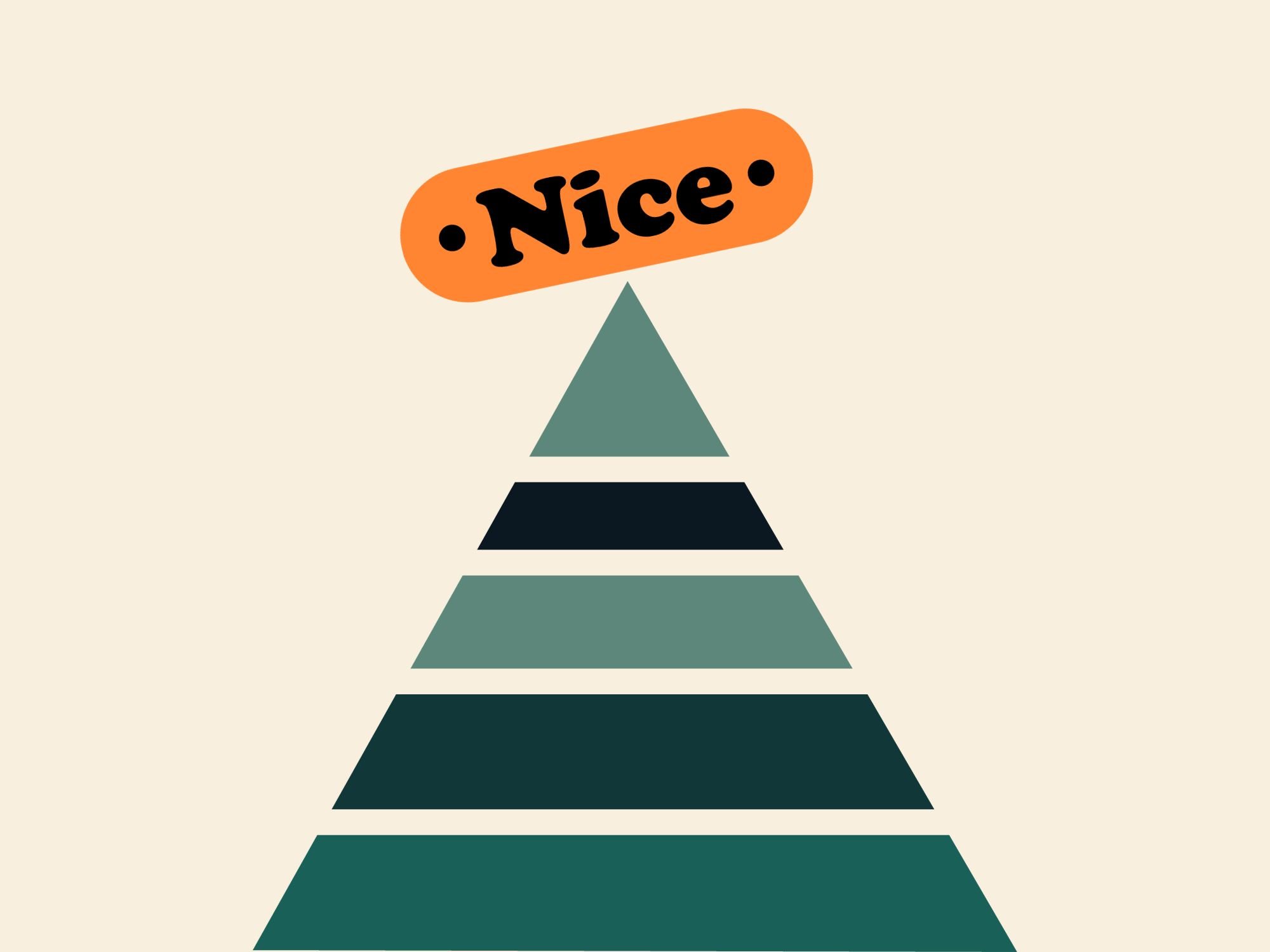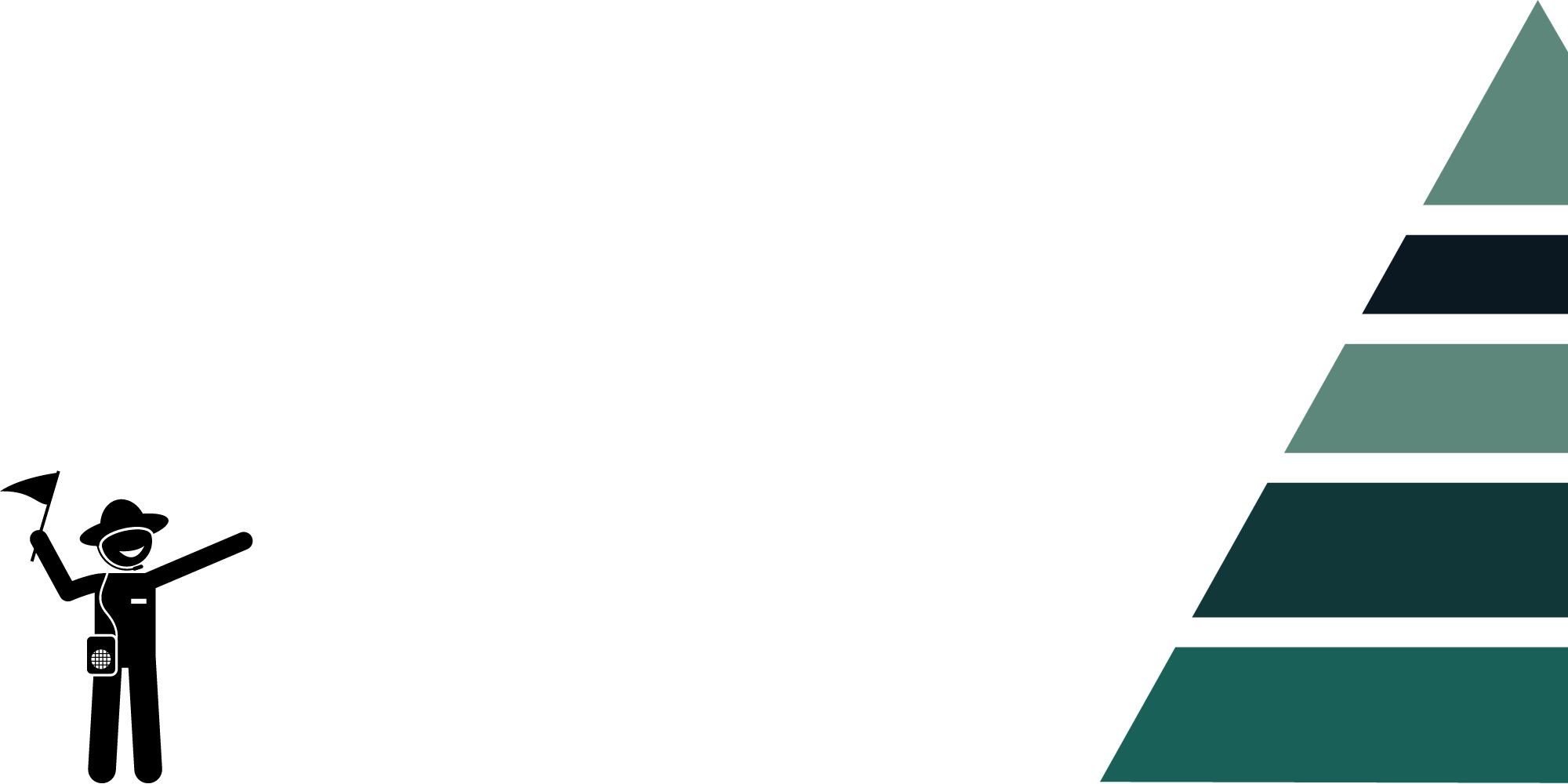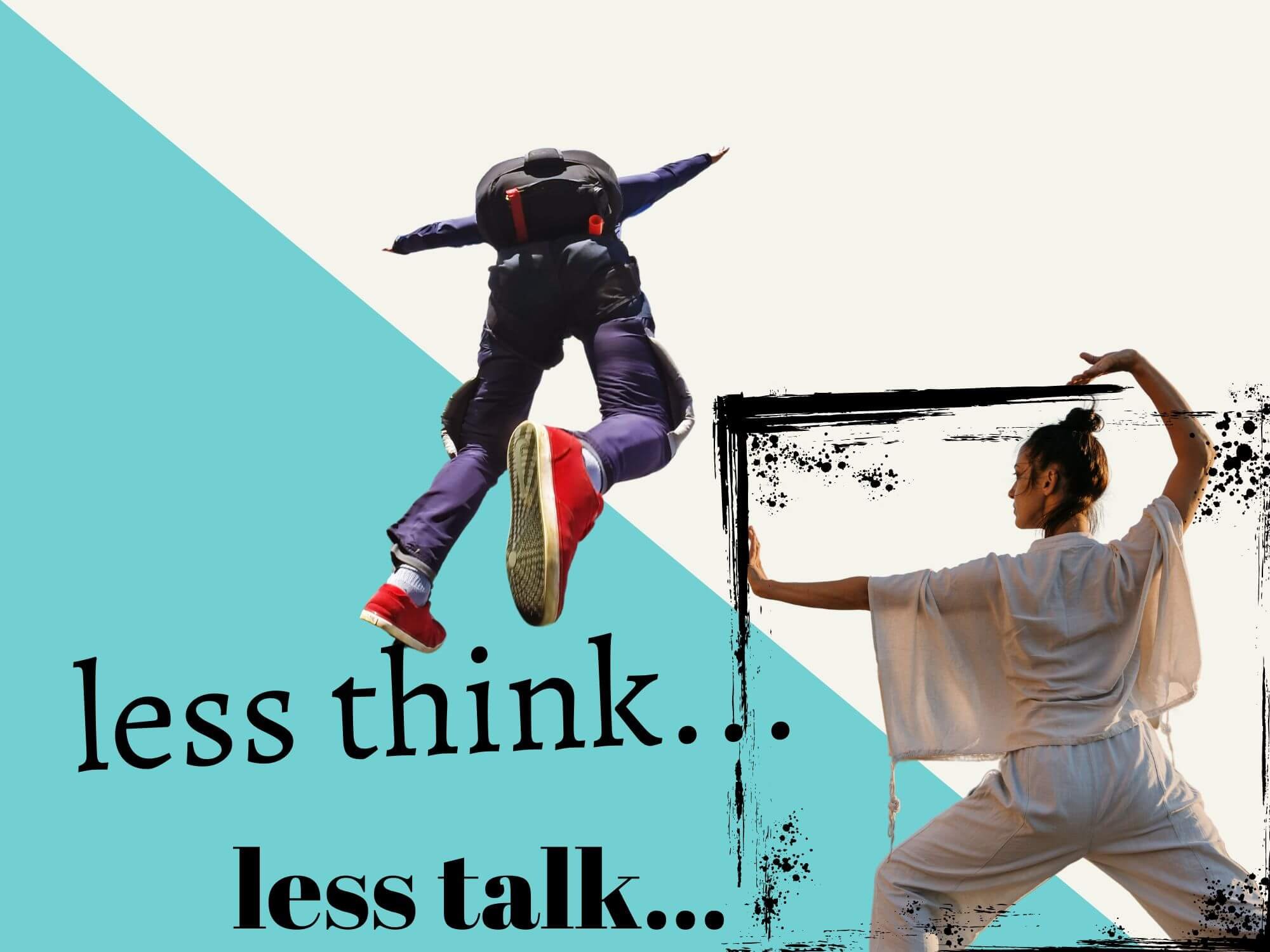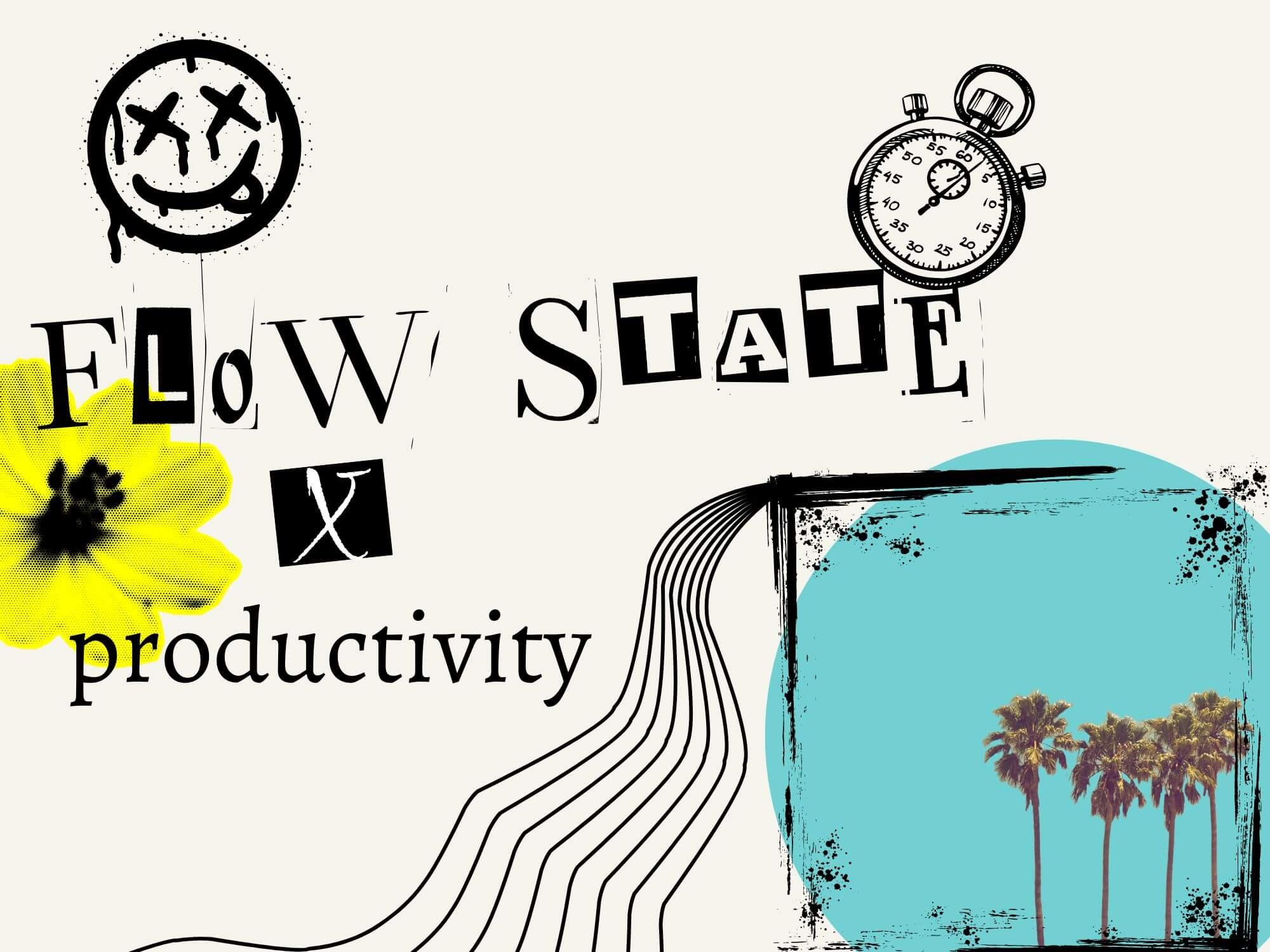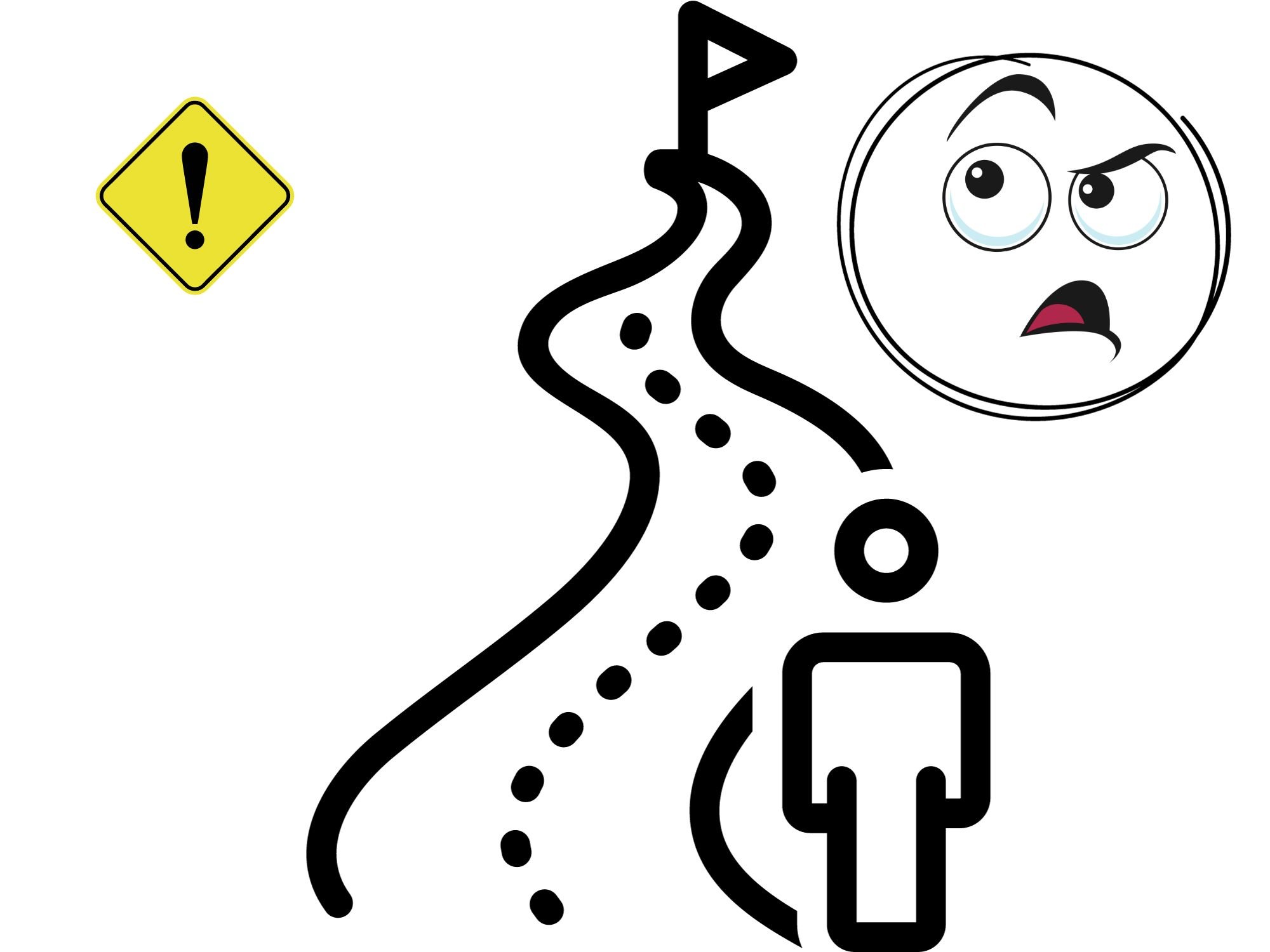5 Levels of Expertise (as told by a musician/artist)
What are you good at?
What do you wish you were good at?
The truth is, we can do anything – just not everything. And often, our pursuits and goals rely heavily on our levels of expertise.
So this is my guide on the five main levels of skills proficiency and how to ascend to higher notches.
Let’s get to it.
Table of Contents Show
What Are Levels of Expertise? (+ why should I care?)
Everything involves a certain level of know-how and finesse. These are levels of proficiency.
Levels of expertise, or levels of skills proficiency, are stages in your skill development and represent the journey to becoming a master of your craft.
Understanding these things and what’s needed for reaching your goals is powerful stuff.
So let’s look deeper at why these levels are worth your time.
Why Do Levels of Skills Proficiency Matter?
You can skill build with clearer intention and strategy
You gain clarity about what you’re good at (or where you should focus your energy)
You improve your self awareness
You make reaching goals easier more feasible
You improve your productivity
You become a lifelong learner and foster a learner’s mindset
The 5 Levels of Expertise
I love many things. But some things, I focus more energy on and I’m just better at.
Understanding my level of expertise helps me know where to put my attention and how to grow.
So these are the key proficiency levels to know.
1. Newbie
Everyone starts as a beginner. There’s no way around it (ignoring natural talent caveats).
The newbie level of expertise is the state of not knowing and curiosity. Often, we have more questions than answers and require a lot of guidance and instruction.
Newbie skills examples:
Language learning
Learning the alphabet or basic phrases like “hello” in a new language
Music
Learning the parts of a guitar and what they do
Acting
Studying different acting methods and trying small lines out (with direction)
2. Decent
After spending some time as a total beginner, things will start clicking little by little.
Reaching some key milestones and overcoming a few obstacles is when skill building starts to get really exciting.
This is also a great indicator that you’ve reached the second level of expertise: decent.
Decent skills examples:
Language learning
Learning how to do basic introductions and short interactions in a language
Music
Learning how to play some beginner songs on the guitar
Acting
Being able to act out a short scene from start to finish
Recommended: Top 10 Creative Skills to Learn
3. Pretty Good, Not Bad
If you keep pushing past decent, you’ll reach the next rung (naturally).
At the pretty good (not bad) level of skill development, we’ve memorized most beginner's knowledge, tricks and strategies and we can repeat them on command.
We’ve started tapping into intermediate skill acquisition and we’re able to mimic and follow along more easily in our chosen domain.
Pretty good (not bad) skills examples:
Language learning
Ordering food or understanding the gist of conversations in a second language
Music
Learning advanced chords, rhythms, theory and playing styles
Acting
Being able to cry on command or act more naturally
4. Really Good
At this stage, we’re feeling much more confident and have collected an impressive list of skills.
When we reach a really good level of expertise, we’re able to tap into more flow state and creativity.
At this point, you’re able to finish projects and do what needs to be done more easily.
Really good skills examples:
Language learning
Being able to join in conversations and offer opinions or thoughts
Music
Being able to write your own music or perform a highly advanced piece
Acting
Being able to deeply capture the emotions of an audience
5. Damn!
You know when you see something amazing and your only response is, “damn!”?
This is the last stop (for this framework, because you know, skill development never ends).
The damn! level of expertise is when you have full command over your craft and can wield your ideas into tangible reality with little friction.
You operate from a place of almost subconscious knowingness and have developed your own style or methodology.
Damn! skills examples:
Language learning
Reaching near-native language fluency (thinking in a second language)
Music
Being able to improvise a song or developing your own style
Acting
Having the intuition of how to go off script or developing your own acting method
How to Level Up Your Skills (4 tips)
This last section are my top moves for skill development (as a musician, blogger and artist).
These are the things that help me most currently.
Gamify Your Goals
Goals are great. Gamification is great too.
And when they get together, things are super great.
I started using gamification for some of my core goals at the beginning of 2023. This is when I started a song-a-day challenge for one year.
I wanted to test myself to see if I could stick with it, but really, I had other goals.
I wanted to strengthen my skills in:
Singing
Develop my intuition in songwriting
Actually finish and release my music
But I was feeling lazy and sporadic with trying to reach these objectives. So I gamified things with a songwriting challenge.
As I write this post, I’m on song 264/365 and I can tell you this – gamification works.
I’ve either met or I’m very close to reaching all of my goals.
Recommended: How to Approach Yearly Goals (like an artist)
Learn From the Zone of Proximal Development
How and what we learn is crucial.
For example, if you’re a beginner at playing guitar, you probably won’t get much motivation or value from trying to learn air tapping, which is a very advanced style of playing.
(if you’re keen to check out air tapping, this video of Erik Mongrain is an awesome example)
So we should build skills within the zone of proximal development, which is the area just outside your current expertise (that you can practice in with a little guidance or help).
It’s not too much (but also not too little) pressure. It’s the sweet spot for skill development.
So don’t try to rush things by becoming an overnight expert (that’s generally impossible).
If you’re still at the decent level of expertise, focus on getting to the pretty good (not bad) level.
(i.e., don’t try jumping straight to damn! – it’s a recipe for disappointment, trust me…).
Stack the Deck
In my experience, environment plays a big role in motivation, habits and skill acquisition.
So let’s stack the deck in our favor.
For me, this means optimizing three areas of my life:
My inner circle
The people I spend time with
My outer circle
The content I consume
My physical environment
My space(s)
When these three areas are most aligned with my artistic goals, values and preferences, I do better.
I’m more motivated, more creative and more engaged in skill development.
So even if you can just optimize one area (for starters), this can have a big impact on how you’re leveling up in your domain.
Recommended: How to Harness Your Creative Flow State
Stay Patient
Everything always comes back to patience and playing the long game.
And we all know the power in this approach.
Trying to rush greatness ignores the truth that it takes a really long time to be an “overnight” success.
The countless hours and nights building your skills and honing your craft are often never seen by anyone but you.
It can get lonely.
But it’s the only way. So the best strategy for embracing this path is to stay patient (in my experience).
I stay patient by:
Setting realistic timelines
Breaking down bigger goals into smaller ones
Enjoying the process more than the result
Want More? Check Out These Sweet Reads!

